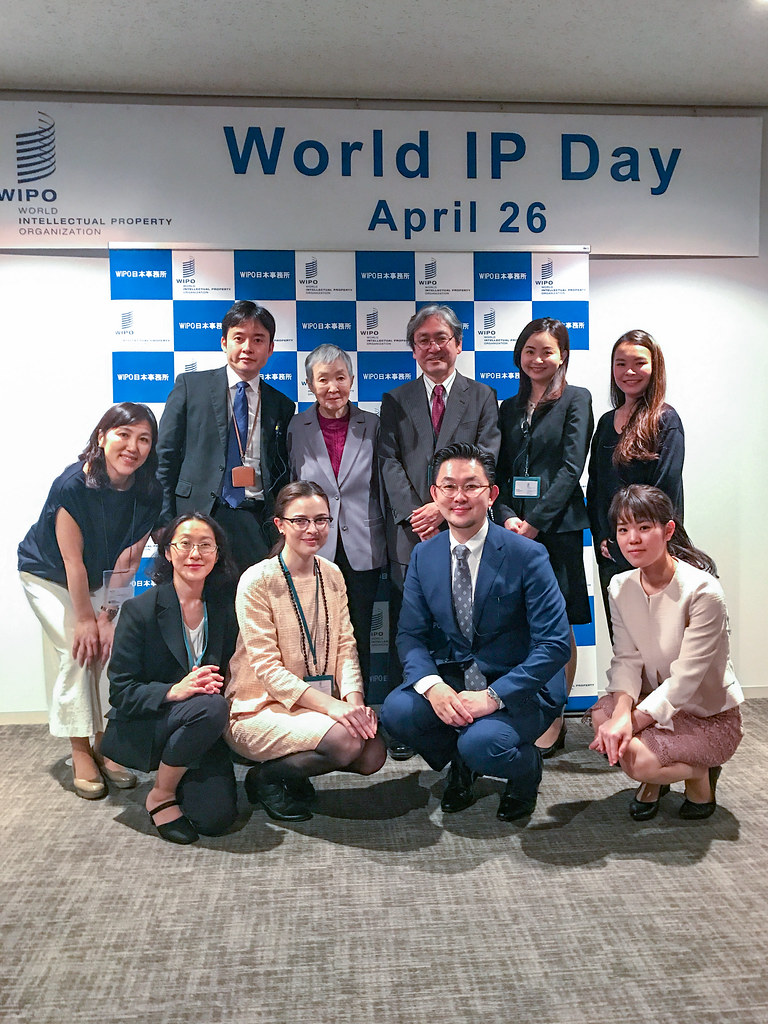Context:
CSIR – National Institute of Science Communication and Policy Research (NIScPR) organizes a national workshop in commemoration of World Intellectual Property Day.
More on news
- The theme of the workshop was “IP and SDGs: Innovating for a Shared Future.”
- The workshop provides a platform for young innovators and entrepreneurs to share their inspiring journeys and showcase the transformative potential of creativity and innovation in driving sustainable development.
- World Intellectual Property Day is celebrated every year on April 26.
- The World Intellectual Property Office (WIPO) established this World Intellectual Property Day in 2000.
Intellectual property rights (IPR)
IPR have been defined as ideas, inventions, and creative expressions based on which there is a public willingness to bestow the status of property.
The IPR Toolbox:
- Patents: Exclusive rights for inventions for a limited time.
- Copyrights: Protect the original expression of ideas in creative works.
- Trademarks: Distinctive signs identifying the source of products or services.
Benefits of a Strong IPR System:
- Boosts Innovation: Creators are incentivized to invest in new ideas.
- Encourages Fair Competition: Protects businesses from unfair copying.
- Promotes Collaboration: Provides a framework for knowledge sharing with fair compensation.
CSIR-National Institute of Science Communication and Policy Research (NIScPR)
- It came into existence in 2021 with the merger of the erstwhile CSIR-National Institute of Science Communication and Information Resources (CSIR-NISCAIR), New Delhi and erstwhile CSIR-National Institute of Science, Technology and Development Studies (CSIR-NISTADS), New Delhi.
- It serves as a ‘Think Tank’ for the Indian ST&I system and may lead ST&I communication and policy studies at the National level fulfilling the emerging National aspirations and needs.
- It mandates to provide evidence based policy advocacy on Techno-Socio-Economic issues identified by CSIR/Government and other stakeholders
Significance
- The workshop aimed to bridge the gap between intellectual property (IP) and the SDGs, emphasizing the crucial role of innovation in building a sustainable future.
- This aligns with the Indian government’s recognition of a strong Intellectual Property Rights (IPR) ecosystem’s importance in national development.
- The government believes a robust IPR system empowers individuals to become “job creators rather than job seekers.
India on IPR
- The government launched the National Intellectual Property Awareness Mission (NIPAM) under the “Azadi ka Amrit Mahotsav” initiative to educate one million students across India about IPR.
- The National Intellectual Property Rights (IPR) Policy was adopted in 2016.
- India retains 40th rank out of 132 economies in the Global Innovation Index 2023 rankings published by the World Intellectual Property Organization (WIPO).
- India ranks 42nd in the International IP Index for 2024.
Possible Workshop Outcomes:
- Increased awareness among young innovators about the role of IP in protecting their creations and fostering innovation for a sustainable future.
- Collaboration opportunities for young entrepreneurs and established businesses for developing SDG-focused solutions.
- Recommendations or policy suggestions for strengthening India’s IPR ecosystem.
Also Read:
Article 244(A): Autonomy and the Election Narrative in Assam’s Tribal Seat

